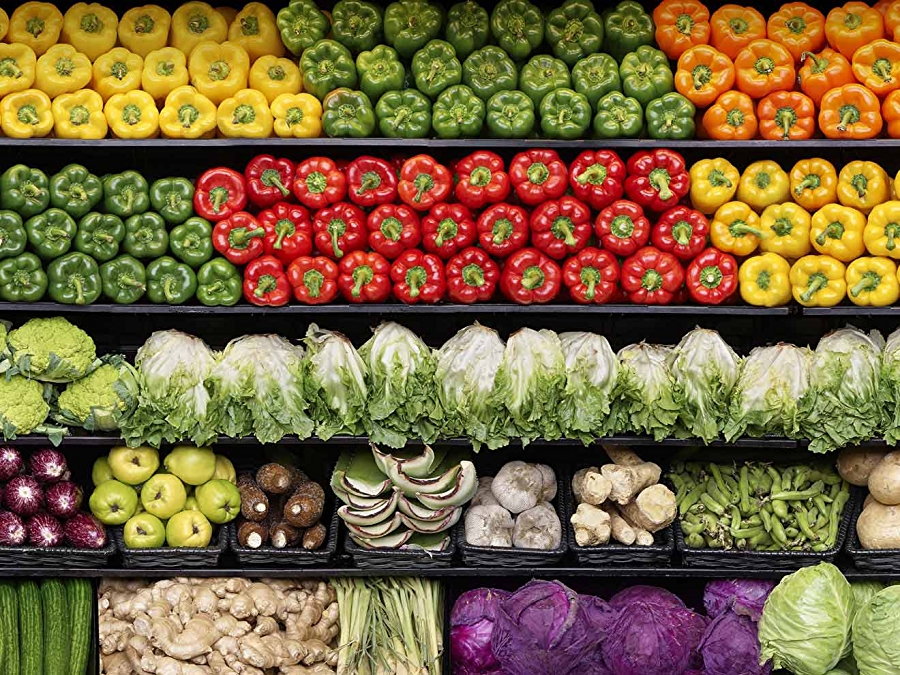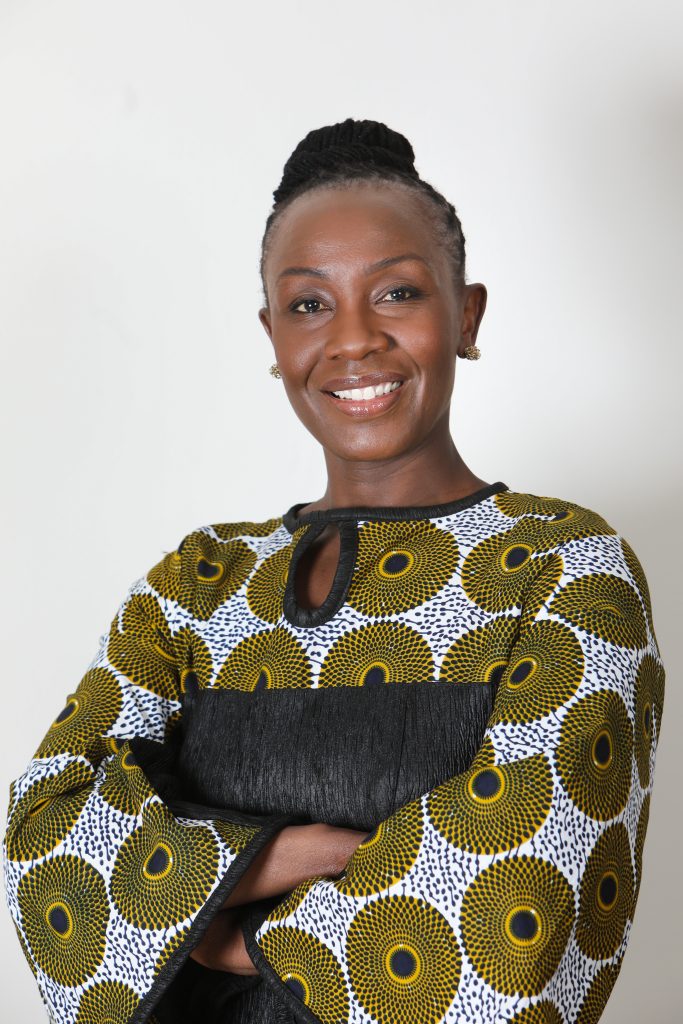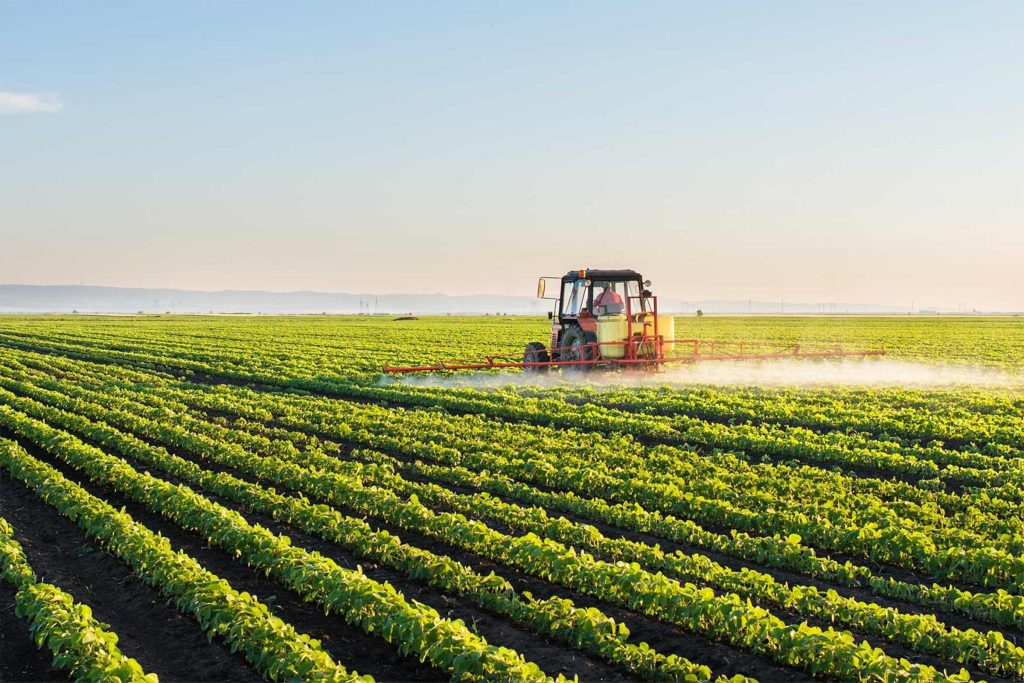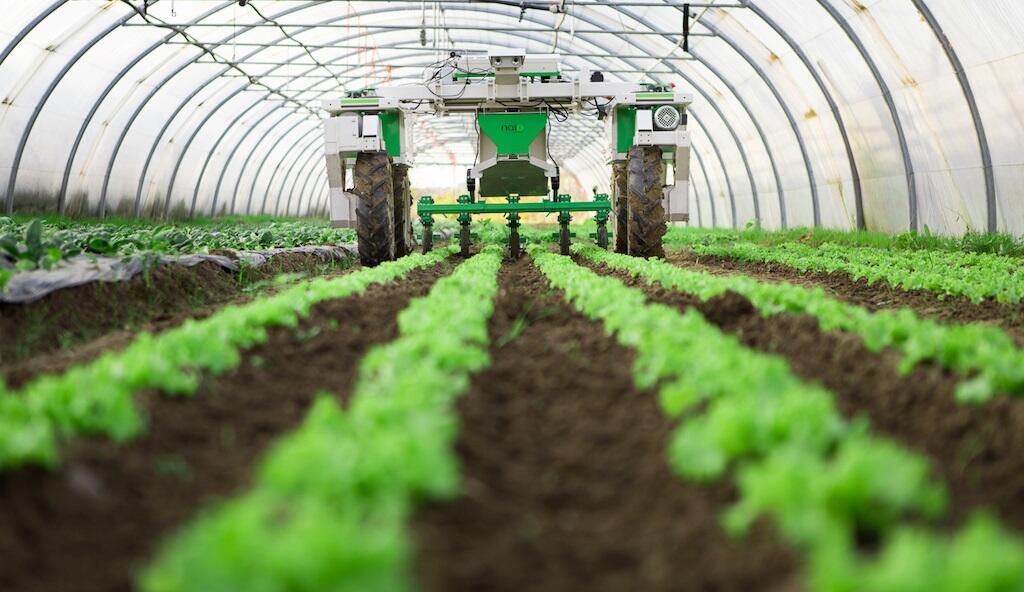By Linda Manda Sector Head Agribusiness, Client Coverage, CIB at Standard Bank Group
The agricultural sector across sub-Saharan Africa is critical to local and regional economies as a developmental base for food security and employment.
Within it, there remains an invisible force driving productivity in the region and across the world. It is one that is too easily overlooked and underappreciated for the scale of its contribution, often shunned for growth opportunities, ignored within the transformative discourse, and largely untapped in plans to develop the sector.
This invisible force is the African women who are the backbone of our agricultural economy, representing at least half of the sector’s workforce in the region. Conservative estimates predict that these women, whether they be farmers, livestock owners, workers, or entrepreneurs – are responsible for the production of the bulk of our food.
Counterintuitively, the level and quality of this participation remains highly skewed across gender lines, with men enjoying greater access to agricultural inputs, financing, and productive resources, especially in rural farming.
The South African agricultural landscape is a prime example of this.
Recent studies show that women on average constitute only about 20% of farm owners in the country. As employees in the sector, they are most represented in the lowest skilled jobs, and only make up 34% of general Agri-workers. In more senior roles, women only make up 16% of farm managers and 26% of supervisors.
Unlocking the potential of women in the sector is key to unlocking growth, especially now when Africa’s food security is under major threat. Having not yet recovered from the socio-economic impact of COVID-19, the continent which is heavily reliant on food imports – is buckling under pressure stemming from the Russia-Ukraine war which has driven global grain, sunflower oil fertilizer, and oil crude prices to unprecedented levels.

But the crisis presents an opportunity for Africa, which holds 60% of the world’s available arable land, all of which can be leveraged to promote self-reliance and self-productivity, mitigating against food insecurity as a result of external headwinds. This is not possible, however, without first overcoming the very many challenges faced by women in the sector.
Arguably, the biggest roadblocks are land rights, accessibility, and financial literacy.
Be they farmers from cocoa orchids in Cote d’Ivoire, to cashews in Tanzania or tobacco farmers in Zimbabwe, women farmers are exuded from decision making throughout the crop production and selling cycle. Unequal rights to land are borne out of a diverse mix of customary, religious, and statutory norms that put women at a distinct disadvantage. Land is the central factor of production in agrarian economies, and when a female farmer isn’t empowered to make decisions about the land she works, her potential for sustained growth is slashed. Being landless makes it harder for the woman to be recognized as the owner of the crop and thus patriarchal attitudes and stereotyping remove them from the decision process of selling the crop and controlling the proceeds.
The challenge of accessibility is broad. This extends from finance to knowledge sharing in good agriculture practices, to infrastructure, market information and market entry – each having an interleading effect on the next and resulting in a vicious circle that hinders the development of women farmers.
Agricultural finance is also often the most difficult to secure, especially for rural women farmers who have limited financial education and little to no access to financial services or the institutions that provide them. They therefore go unbanked for the most part. SMMEs in the sector are no better off, as they are characterised by a lack of capacity to prepare bankable documents to access formal credit.
Without the necessary access to finance, these rural women farmers cannot obtain the necessary infrastructure to scale their business, in addition to common challenges of water and energy supply that affect the entire sector – women also bear the brunt of limited access to drought-resistant seeds, fertilizer, pesticides, advanced farm equipment and machinery.

Without the requisite infrastructure, it is more difficult for women to effectively supply the market. The FAO estimates that on average, women-run farms produce 30% less than farms ran by men – this “crop gap” has nothing to do with an aptitude for farming and everything to do with the gender-specific obstacles experienced by women.
Less produce equals less revenue – and so the cycle begins anew.
In addition to all the above, women are further victims to entrenched gender roles based on cultural, patriarchal, and traditional values which across the value-chain contribute to unjust prejudice, sexism, and discrimination.
While widescale reforms are necessary to effect change in agriculture, one of the more immediate solutions is the adaption of digital technologies in the sector. Emerging Agri-techs are equipping farmers with the information, tools, and technical support to help make agriculture more productive and sustainable. Incorporating these technologies into women’s farming activities can significantly upsurge access to markets and financial instruments.
For example, Standard Bank’s OneFarm Share initiative in South Africa, which matches requests for food relief to suppliers with good quality excess fresh produce, has, since 2020, collected and distributed more than 270 tonnes of food to accredited beneficiary organisations, providing over 1 million meals to vulnerable individuals. The initiative further serves as a digital business-to-business platform to connect and provide services across the agricultural ecosystem through Lend, Protect, Grow, Trade and Share services, creating a market for farmers to sell produce in a way that they may not have had access to previously.
Across the continent Standard Bank has formed partnerships with local farmer associations and cooperatives, relevant UN agencies and international aid agencies, to boost the agricultural economies, and improve livelihoods. Specifically, we partnered with UN Women through a Climate Smart Agriculture (CSA) programme in Nigeria, Uganda, South Africa and Malawi. This 3-year programme aimed to empower women through modern farming technologies to increase productivity and incomes while reducing greenhouse gas emissions. Closing the gender gap in agriculture would generate significant gains for the agriculture sector and society. The FAO estimates that if women had the same access to productive resources as men, they could raise total agricultural output in developing countries by 2.5–4 percent.
But urgent action is needed to make this a reality.
While it is pertinent to address systematic inequalities and infrastructural, policy, and strategic frameworks that disproportionately impact women in agriculture, it is also important to advocate for financial literacy at a grassroots level and promote the inclusion of youth into the sector. This has the potential to improve agribusiness opportunities in the short term and drive socio-economic development for the region.
It is only by maximizing the talents of women farmers in the region and leveraging digital technology to aid this process, can we hope to solve the chronic and pressing difficulties in respect to food security on the continent.


